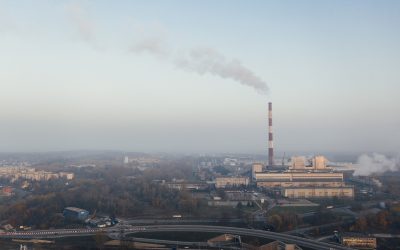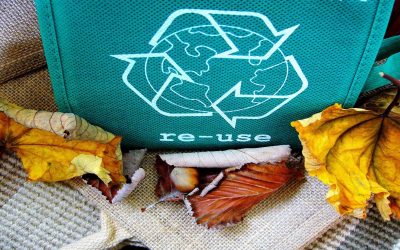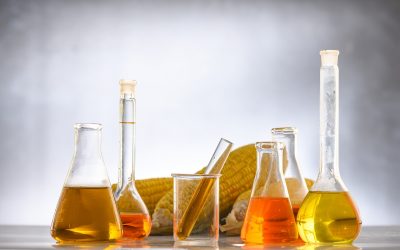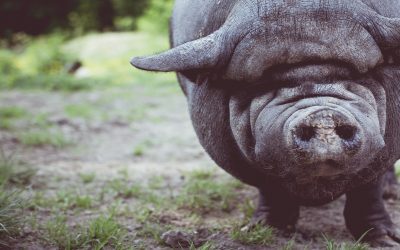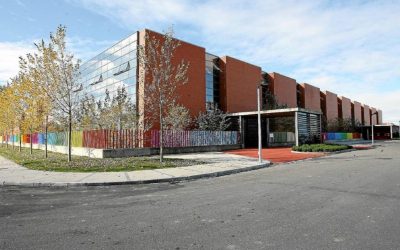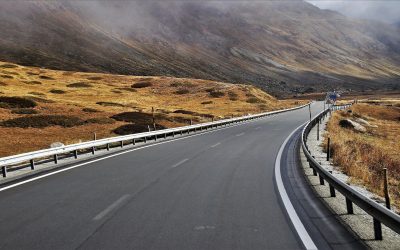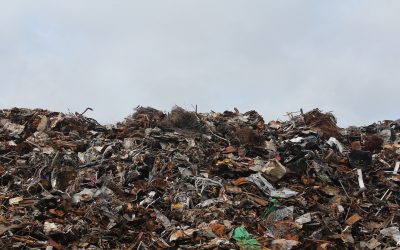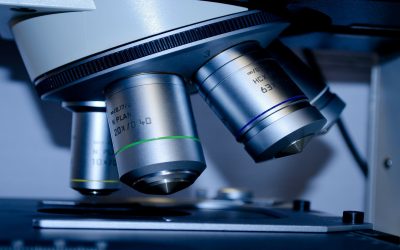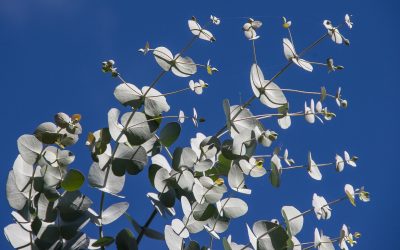LIFE
R&D PROGRAMMES
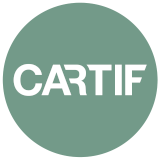
R&D PROGRAMMES
LIFE
Description
The LIFE Programme is the only financial instrument of the European Union dedicated exclusively to the environment. Its general objective for the period 2004-2020 is to contribute to sustainable development and to the achievement of Europe 2020 Strategy objectives and goals and Union’s relevant strategies and plans in the field of environment and climate.
CARTIF participation
CARTIF’s experience in the LIFE programme has been very important since 2005, coordinating this type of projects up to 16 occasions. During 2012 it managed to approve 7 proposals, being the coordinator of 6 of them. In 2013, 3 proposals (1 as coordinator); in 2014, 2 proposals (1 as coordinator); in 2015 3 proposals (1 as coordinator); in 2016, 4 proposals (3 as coordinator); in 2017, 2 proposals (1 as coordinator) and one in 2018.
Program summary sheet
Summary file in PDF format
DownloadThematic blocks:
Environment Sub-program
Short description:
Includes the following priority areas: Environment and Resource Efficiency, Nature and Biodiversity, Environmental governance and information
Link to the knowledge area with which it is related:
FOOD, BIOTECHNOLOGY, NATURAL RESOURCES, CIRCULAR ECONOMY,ENERGY EFFICIENCY, RENEWABLE ENERGIES, SMART CITIES, ENERGY POLICY
Climate Action Sub-program
Short description:
Includes the following priority areas: Climate Change Mitigation, Climate Change Adaptation, Climate Governance and Information
Link to the knowledge area with which it is related:
BIOTECHNOLOGY, NATURAL RESOURCES, CIRCULAR ECONOMY,ENERGY EFFICIENCY, RENEWABLE ENERGIES, SMART CITIES, ENERGY POLICY
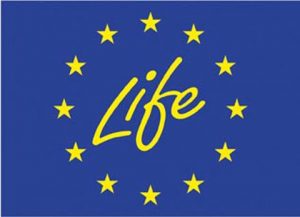
Responsible
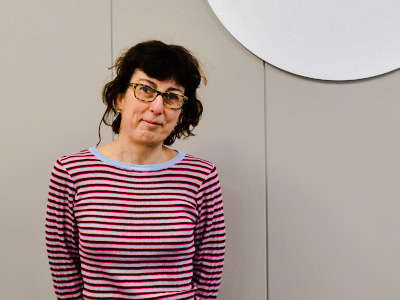
Paloma Gatón Garnica
R&D Programmes Department
Some figures:
Coordinated projects
Projects executed
Related projects
LIFE BATTLE CO2
The LIFE BATTLE CO2 Project has developed an innovative process, in which the use of biomass as an alternative fuel allows a decrease in CO2 emissions and enhances the development of low carbon processes.
LIFE PAVEtheWAySTE
The LIFE PAVEtheWAySTE project wants to facilitate the implementation of the Waste Framework Directive in remote areas by allowing local and regional authorities to improve the operation of their municipal recycling systems and thereby pave the way towards high efficiency of the resources.
LIFE BIOSEVILLE
Life BIOSEVILLE develops an integrated system for the value of frying oils generated in the city of Seville. This system ranges from oil collection logistics to obtaining a more efficient, competitive and ecological biofuel.
LIFE VALPORC
The goal of the LIFE + VALPORC is to demonstrate a sustainable alternative to the management of pig carcasses and manure, focusing on the environmental problems derived from its current management and valorizing these wastes by transforming them into biofuels (biogas and biodiesel) and organic fertilizers,
LIFE SMART Hospital
The LIFE SMART Hospital Project has promoted the sustainability of the health sector through the deployment of best practices and available technologies, training programs and replication of experience.
LIFE EQUINOX
The Life-EQUINOX project has developed a new method that allows asphalt roads to “capture” NOx in the atmosphere, thanks to a chemical reaction that uses solar radiation and titanium dioxide.
LIFE COLRECEPS
The main objective of the COLRECEPS project is the implementation of a prototype demonstration plant to recycle residual EPS and obtain EPS beads. With these pearls, new recycled EPS prototype products will be manufactured.
LIFE REVAWASTE
The LIFE REVAWASTE project (www.revawaste.eu) was born proposing the sustainable management of a broad spectrum of waste in an integrated plant or “Mixed Plant”.
LIFE DIOXDETECTOR
The technique developed in the LIFE DIOXDETECTOR project for the quantification of PCDDs / PCDFs will represent a revolution compared to other traditional techniques, due to multiple innovative aspects such as the reduction of both sampling and analysis times and the reduction of the costs of analysis, among others.
LIFE EUCALYPTUS ENERGY
The LIFE EUCALYPTUS ENERGY Project consists of the pyrolysis of eucalyptus biomass for the production of electricity and biochar. It is intended to make use of the residual biomass of eucalyptus forest exploitation.
